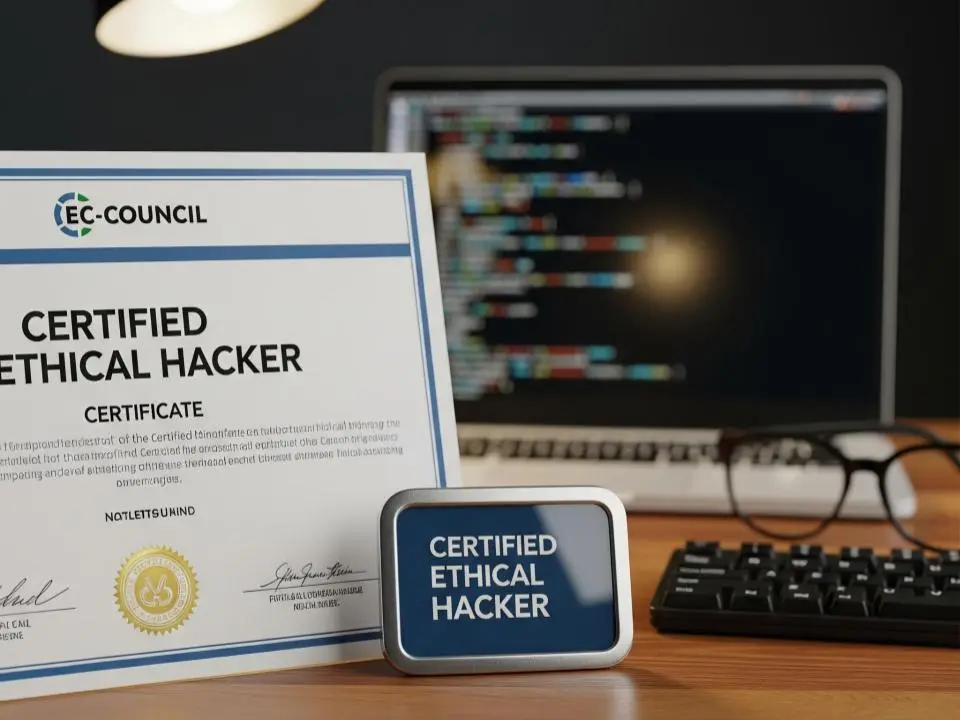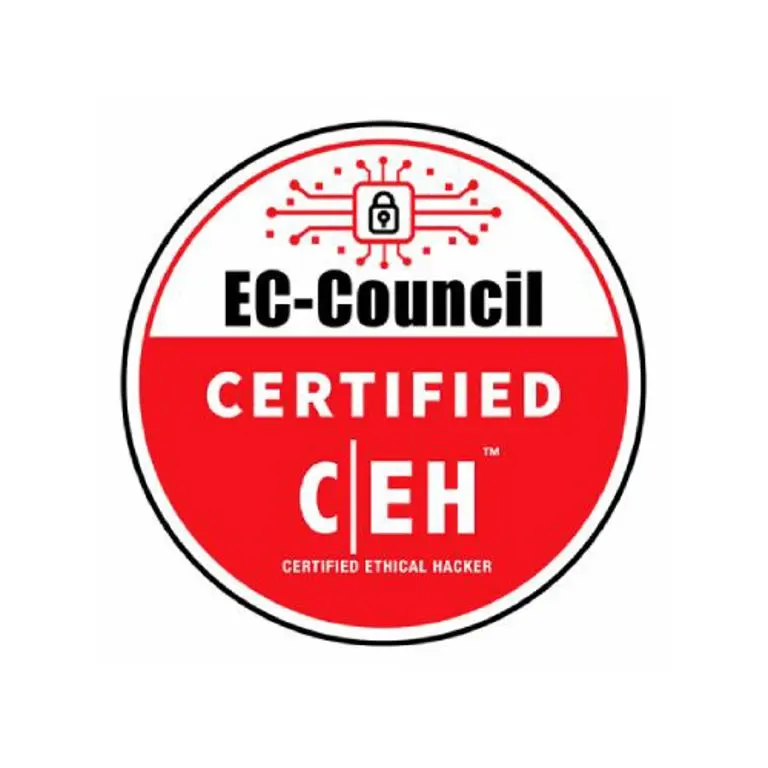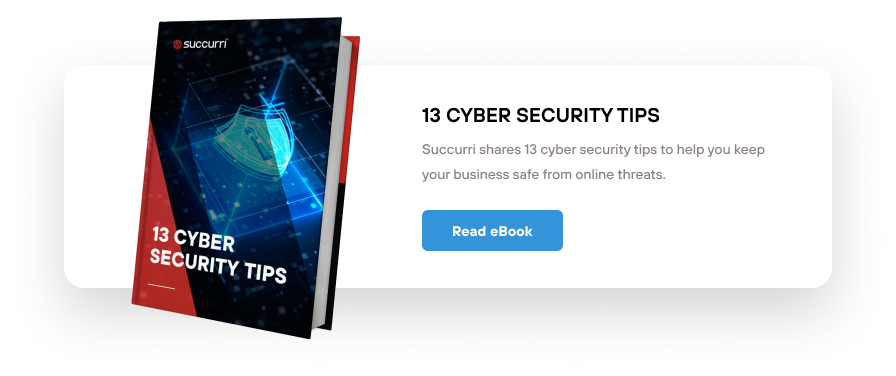The best way to defend against a hacker is to think like one. That’s the philosophy behind the CEH – Certified Ethical Hacker certification, a globally recognized credential that validates the skills needed to uncover vulnerabilities using the same methods as cybercriminals—only for defensive purposes.
At Succurri, our CEH-certified professionals conduct ethical hacking engagements that mimic real-world attacks, from reconnaissance and scanning to malware analysis and social engineering. This ensures our clients gain insight into their weaknesses before malicious attackers exploit them.
What Is CEH?
The Certified Ethical Hacker (CEH) certification, developed by EC-Council, validates an IT professional’s ability to assess systems and networks for vulnerabilities using the same tools and techniques as attackers.
The CEH framework covers five key phases of hacking:
- Reconnaissance – Gathering intelligence on targets through passive and active means.
- Scanning and Enumeration – Identifying live hosts, services, and potential attack vectors.
- Gaining Access – Exploiting vulnerabilities to simulate real-world breaches.
- Maintaining Access – Demonstrating persistence tactics that attackers use to stay undetected.
- Covering Tracks – Evading detection and analyzing how organizations can respond.
In addition, CEH covers specialized topics such as malware analysis, denial-of-service attacks, and social engineering.

Why CEH Is Different From Other Certifications
While many security certifications focus on defense, CEH sets itself apart by teaching offensive security tactics:
- Attacker’s Mindset
Professionals learn how hackers think, plan, and execute attacks. - Comprehensive Coverage
Encompasses both technical exploits and human-centered threats like phishing and social engineering. - Globally Recognized
CEH is one of the most widely known ethical hacking certifications, accepted across industries worldwide. - Tool and Technique Familiarity
Provides hands-on knowledge of over 2,000 hacking tools and techniques.
What This Certification Means for Your Business
Working with Succurri’s CEH-certified professionals means you gain the benefit of proactive, offensive-minded security assessments. This leads to:
- Early Vulnerability Discovery – Finding weaknesses before attackers do.
- Social Engineering Insights – Testing resilience against phishing, impersonation, and other human-focused attacks.
- Malware Awareness – Understanding how common malicious code operates and spreads.
- Better Defensive Strategies – Translating offensive findings into stronger defenses.
Why Succurri Has Invested in CEH Certified Talent
Cybersecurity threats evolve quickly, and businesses need experts who understand both sides of the battle. By investing in CEH certification, Succurri ensures our team can apply ethical hacking expertise to keep clients secure.
“CEH equips our team to think like attackers so we can stop them. By using the same playbook as malicious hackers, we help clients strengthen their defenses and stay one step ahead.”
Grant Eckstrom, vCISO

CEH as the Standard for Ethical Hacking Expertise
The Certified Ethical Hacker (CEH) credential provides businesses with a clear advantage, security professionals who can anticipate, simulate, and counter real-world attacks. For Succurri clients, it means working with experts who use offensive skills to build stronger defenses.
Learn More About CEH and Succurri’s Ethical Hacking Expertise
Key Takeaways
- CEH is the global standard for ethical hacking certification, recognized across industries.
- Covers five hacking phases, including reconnaissance, exploitation, persistence, and evasion.
- Includes technical and social engineering tactics, making it comprehensive.
- Succurri’s CEH-certified professionals strengthen defenses by uncovering vulnerabilities before attackers do.
“CEH tells our clients we’re not just defending against yesterday’s threats—we’re actively preparing them for tomorrow’s.”
Grant Eckstrom, vCISO
Frequently Asked Questions (FAQs)
1. What does CEH stand for?
CEH stands for Certified Ethical Hacker, a credential from EC-Council.
2. How is CEH different from penetration testing certifications?
Pen testing certifications (like Pentest+ or PNPT) focus on structured engagements. CEH emphasizes hacker methodologies, tools, and attacker mindset.
3. Why is CEH valuable for businesses?
It ensures your security team can identify vulnerabilities and simulate real-world attacks to improve defenses.
4. What skills do CEH-certified professionals have?
They’re trained in reconnaissance, scanning, exploitation, malware analysis, and social engineering.
5. How does Succurri apply CEH expertise?
Our CEH-certified staff conduct ethical hacking engagements that expose risks and translate them into stronger security strategies.






